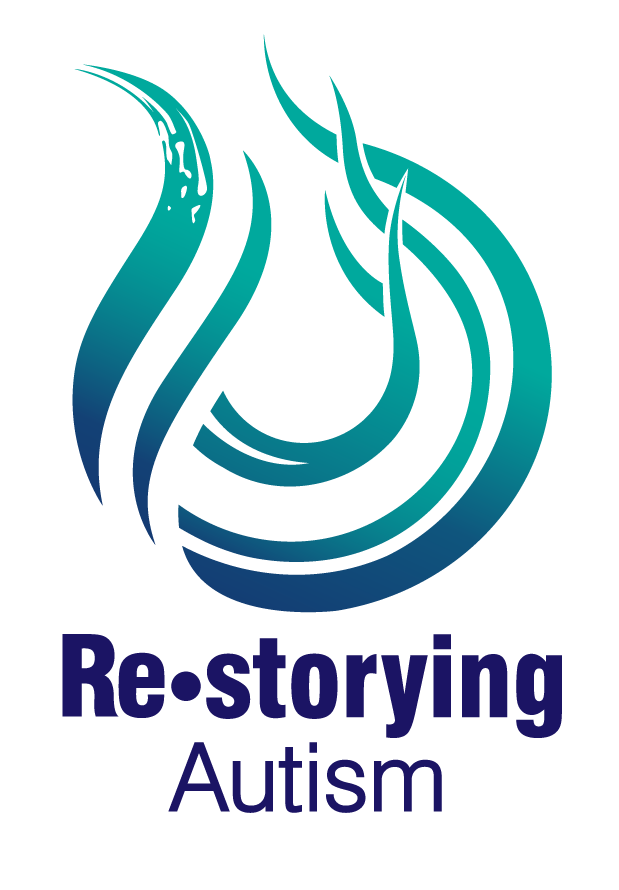Re•Storying Autism and Resilience During COVID-19 through Creative Research
This talk explores the power of story and creative approaches in research to transform us—storyteller, researcher and the world—including how we know ourselves, each other and those who are ‘different’ than us (Finley 2014). I begin from the idea, with Natalie Loveless (2019) and others, that creative research is a way to generate new understandings, in this case, of autism, mental health and resilience, that push back against the ableist confines of developmentalism, individualising approaches to health and their (in)human requisites—the (hyper)productive, autonomous, ‘able’ subject. I then introduce the work of Re•Storying Autism in Education, a multimedia project that investigates the power of the arts, and especially story, to open up conversations about systemic rather than individualized injustices in mental health and care systems and education. At the heart of the project’s work is story-making (Rice & Mündel 2018, 2019)—investigations in collaborative, radically inclusive, creative research praxis where diverse storyteller-participants are given technical, artistic and other supports to make first-person stories that often speak back to deficit-oriented systems. I next share short films from the Re•Storying Autism project (Douglas, Rice, Runswick-Cole et al., 2019) made online during the COVID-19 pandemic in August 2020. I end with reflections about the need for critical and creative research and community arts-based research approaches in our time, rich in lessons about collective resilience during a time of a global health crisis and intensifying ethno-nationalism, neoliberalism and violence toward embodied ‘difference’.
Patty Douglas is an Assistant Professor in the Faculty of Education at Brandon University in Brandon, Manitoba, Canada. She specializes in disability studies, inclusive education, critical autism studies and critical approaches to care using arts-informed and critical methodologies as informed by interpretive, post-structuralist, decolonial, queer, feminist and post-humanist approaches. Among others, Douglas leads the SSHRC Re•Storying Autism in Education project, an international multimedia storytelling project committed to promoting access and disability justice in education, health and the arts. More information can be found at @ReStorying and www.restoryingautism.com
For more information on the Health Studies Seminar Series for Fall 2020, please download the PDF below.
